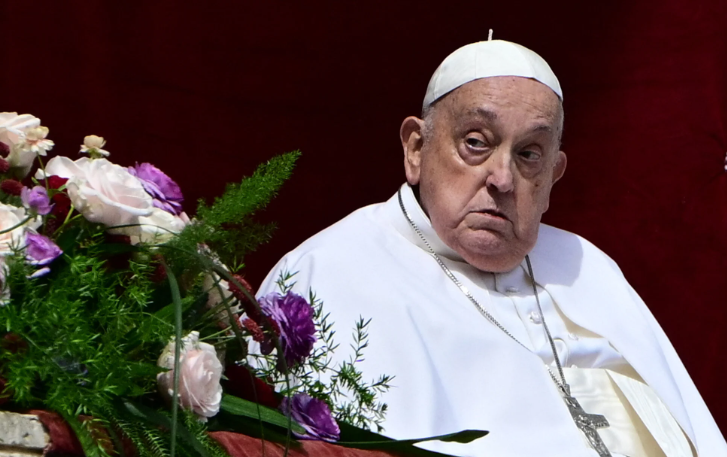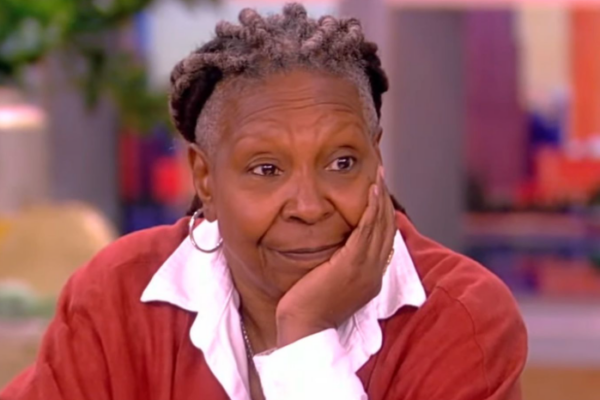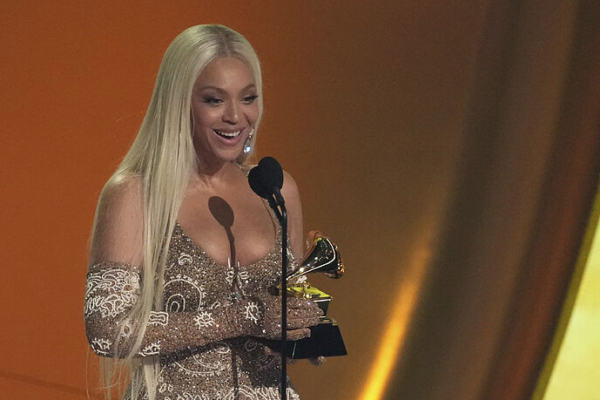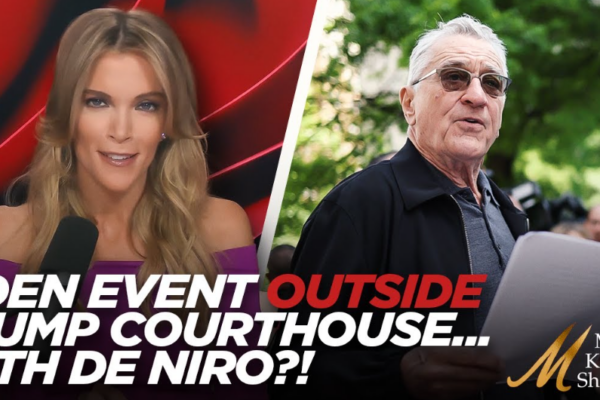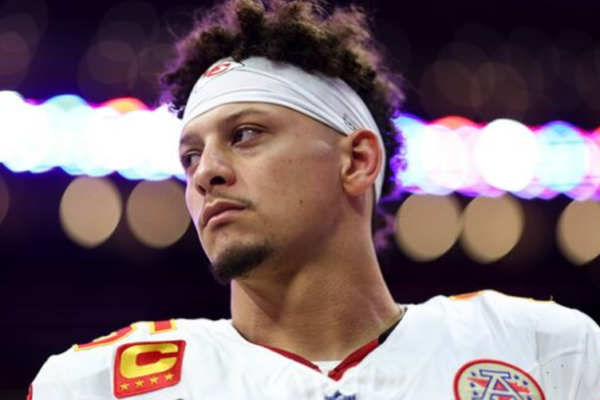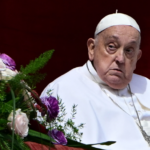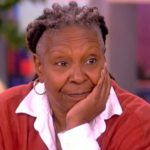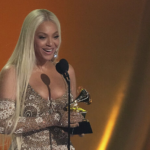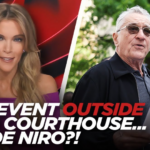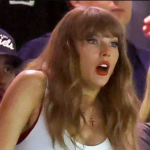Pope Francis has died, Vatican says…
The Vatican was plunged into mourning on Monday morning following a stunning announcement: Pope Francis, the first pontiff from Latin America and one of the most transformative figures in modern Catholicism, had died unexpectedly at the age of 88. His passing, though preceded by illness, caught many off guard after his public appearance just one day earlier.
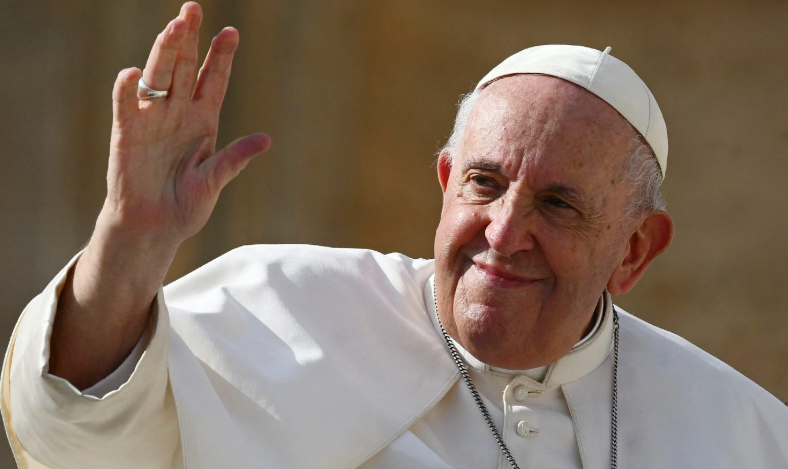
The news broke as Cardinal Kevin Farrell, speaking solemnly on Vatican television, declared, “At 7:35 this morning, the Bishop of Rome, Francis, returned to the house of the Father.” The statement sent shockwaves through the Catholic world, especially given the Pope’s joyful presence the previous day in St. Peter’s Square, where he had waved to crowds from the popemobile during Easter celebrations.
Health Concerns That Had Seemed Behind Him
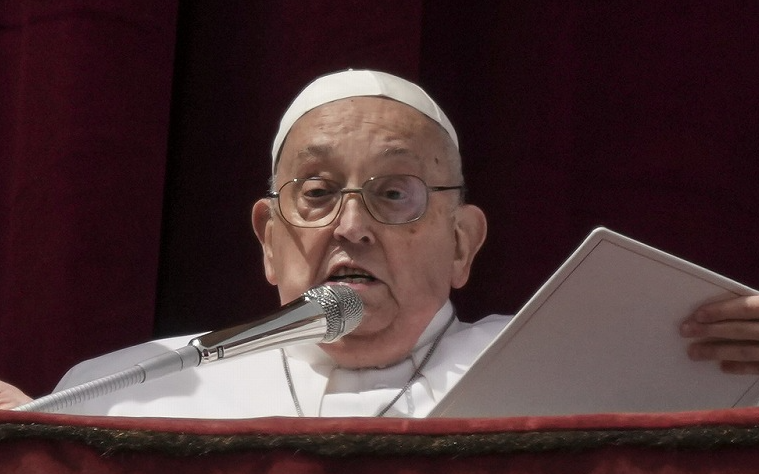
Though the Pope had battled a severe case of double pneumonia earlier in the year and spent 38 days hospitalized, his recovery had appeared promising. His appearance on Easter Sunday — smiling, waving, even briefly greeting a child — had reassured many that he was regaining strength. The Vatican did not immediately specify a cause of death, though Italian media quickly speculated about a stroke or cerebral hemorrhage.
A Global Outpouring of Grief
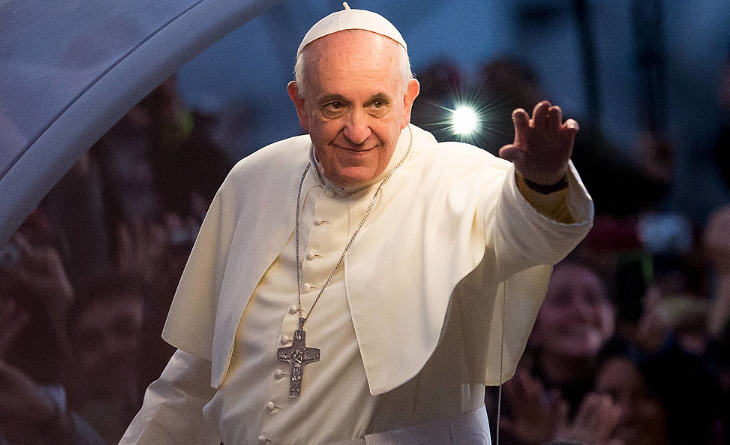
Tributes poured in from every corner of the globe, highlighting Pope Francis’ enduring impact as a spiritual leader and humanitarian. In his homeland of Argentina and neighboring Brazil, governments declared seven days of mourning. Buenos Aires Archbishop Jorge Garcia Cuerva, in an emotional statement, referred to him as “the pope of the poor, the pope of the marginalized.”
Final Appearances and Public Moments
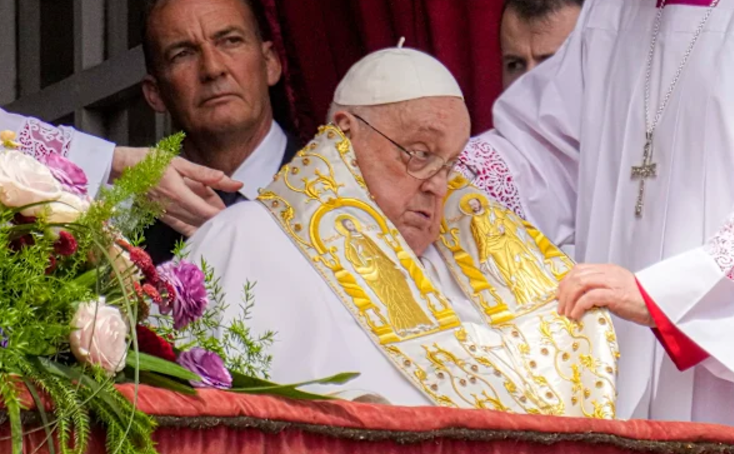
Despite doctors prescribing two months of rest after his March hospital release, Pope Francis had resumed several duties, including meetings with global leaders. He met King Charles of the United Kingdom in April and had a brief encounter with U.S. Vice President JD Vance just a day before his death. His final public address came in the form of an Easter Sunday message, read by an aide, in which he again pleaded for a ceasefire in Gaza — a cause he had consistently championed.
Reactions From Religious and Political Leaders
Expressions of sorrow came from religious figures, heads of state, and ordinary citizens, all acknowledging Francis’ influence on the world stage. U.S. President Donald Trump, despite past clashes with the pontiff over immigration policy, offered a respectful tribute: “Rest in Peace Pope Francis! May God bless him and all who loved him.” Italian Prime Minister Giorgia Meloni called him “a great man, a great shepherd.” Even Argentine President Javier Milei, once a fierce critic, softened his tone, calling it “an honor” to have known the Pope.
Preparing for a Farewell
Plans for Pope Francis’ funeral are underway, though no official date has been set. A rite was held on Monday evening, during which his body was placed into a casket. Vatican officials indicated that his coffin may be moved to St. Peter’s Basilica by Wednesday to allow the faithful to pay their respects.
The Path Toward a New Pope
The Catholic Church will now prepare for the next conclave, a secretive electoral process expected to begin within two to three weeks. Roughly 135 cardinals are eligible to vote, most of whom were appointed by Francis himself — increasing the likelihood that his successor may carry forward his reformist agenda, despite growing opposition from conservative factions.
A Pope Who Defied Convention
Born Jorge Mario Bergoglio, Francis was elected on March 13, 2013, in what many viewed as a surprise appointment. Known for his modesty and aversion to luxury, he famously declined to live in the papal palace, instead choosing a guesthouse for his residence. He promoted transparency and appointed more women to senior roles within the Vatican — moves that made him beloved by many but earned him critics as well.
A Papacy Marked by Reform and Resistance
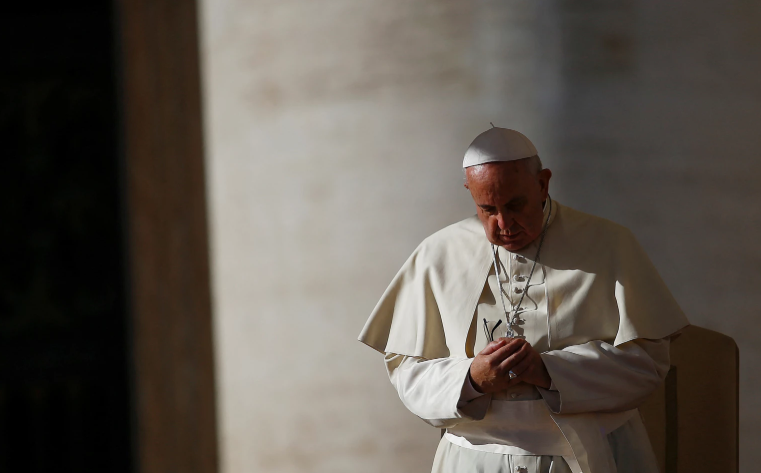
Francis’ leadership style was often unconventional and unpredictable, sparking both admiration and internal tension. His efforts to address clerical sexual abuse were seen as insufficient by some, while his liberal views on poverty, migration, and climate change drew criticism from conservative quarters and frustrated progressives hoping for faster, bolder change.
A Global Icon for Peace and Dialogue
Despite the turbulence, Francis became one of the most recognizable and respected moral figures in the world. His international travels drew millions and emphasized messages of peace, interfaith unity, and compassion for society’s most vulnerable. He consistently sided with refugees, migrants, and the disenfranchised, even as those positions ignited backlash within the Church hierarchy.
A Historic Legacy in a Divided Church
For much of his papacy, Pope Francis shared the Vatican with his predecessor, Benedict XVI, who shocked the world with his resignation in 2013 and died in 2022. This unique cohabitation of two pontiffs highlighted the ideological divide within the Catholic Church — a chasm that Francis struggled to bridge, even as he reshaped the institution.
The Future of His Vision
Nearly 80% of the cardinals who will choose the next pope were appointed by Francis, a testament to his strategic reshaping of Church leadership. Whether his successor will continue his progressive path remains uncertain, but the foundation he laid ensures that his influence will endure beyond his death.
A Pause in Celebration
One immediate consequence of his passing is the postponement of a widely anticipated canonization ceremony. The Vatican announced that the April 27 event, during which Carlo Acutis was to become the first millennial Catholic saint, would be rescheduled.
In death, as in life, Pope Francis has left behind a world moved by his presence, divided by his boldness, and forever changed by his faith.
